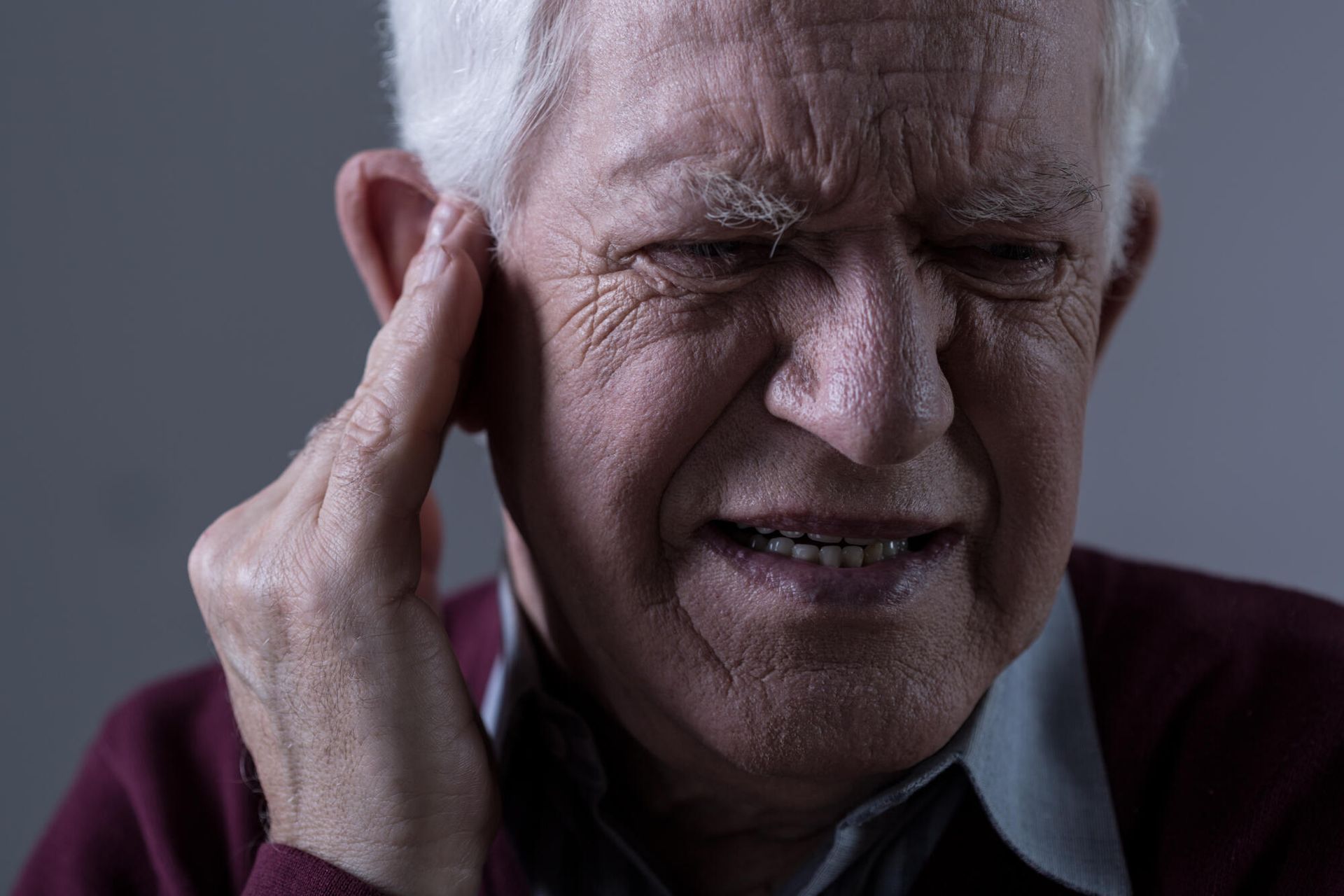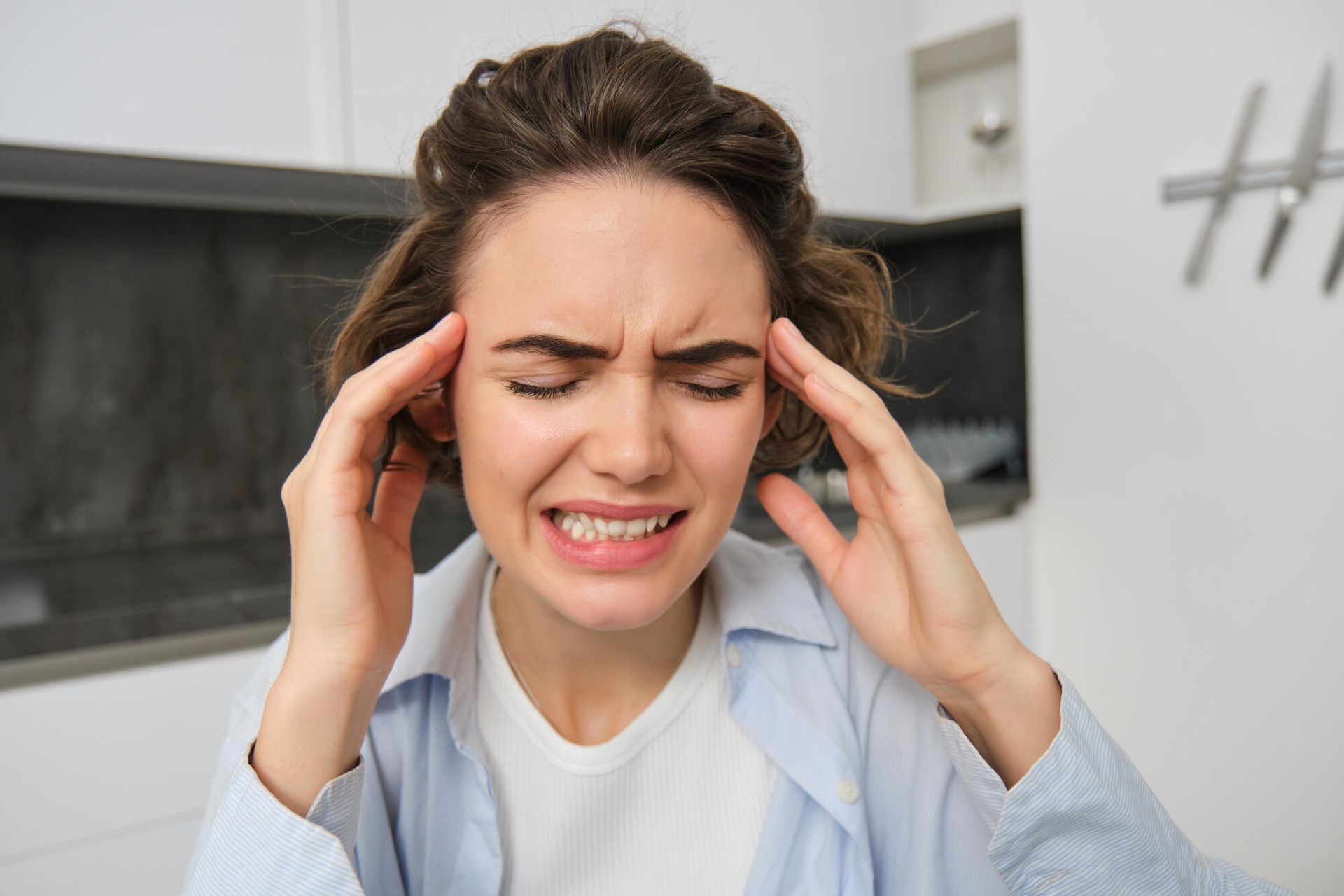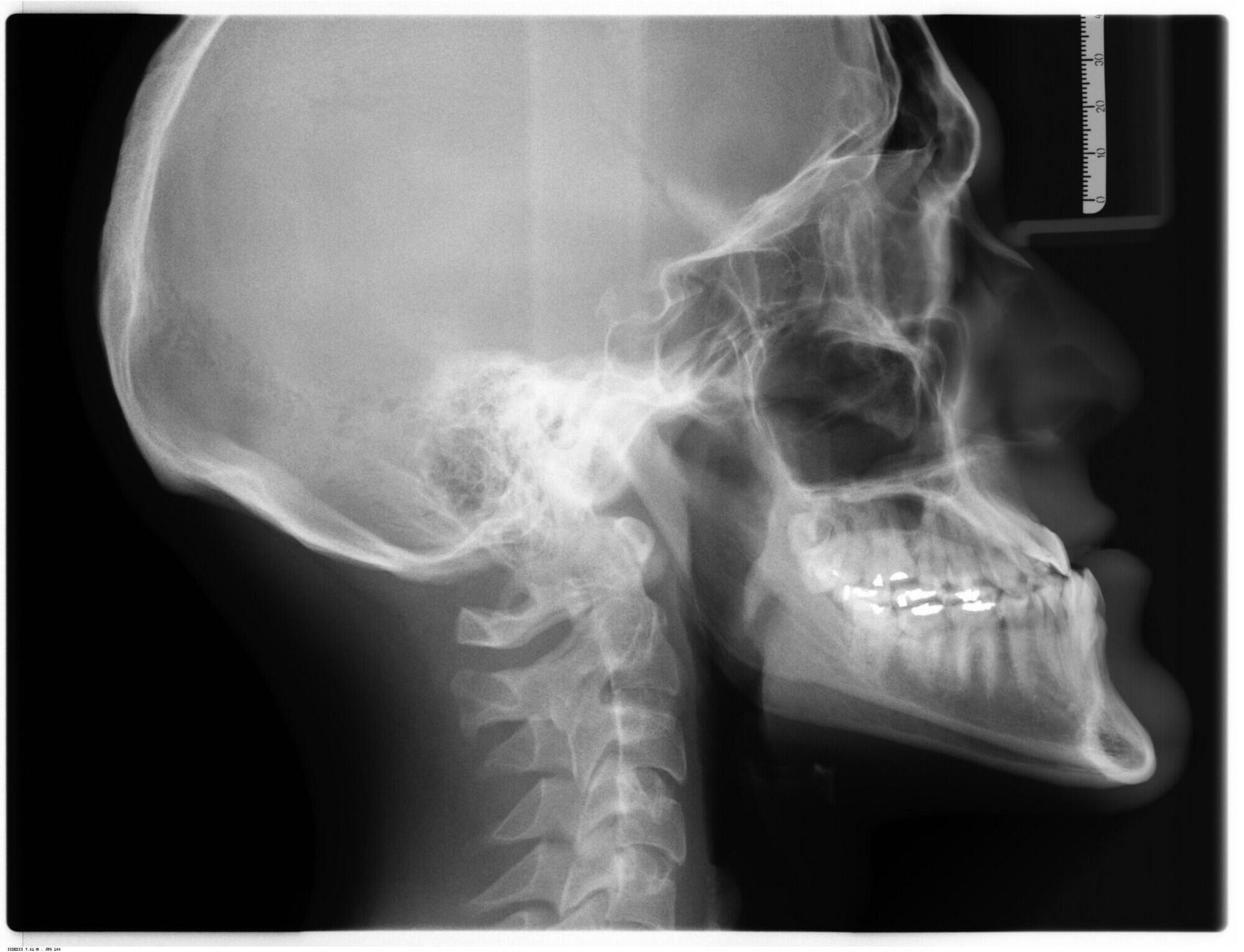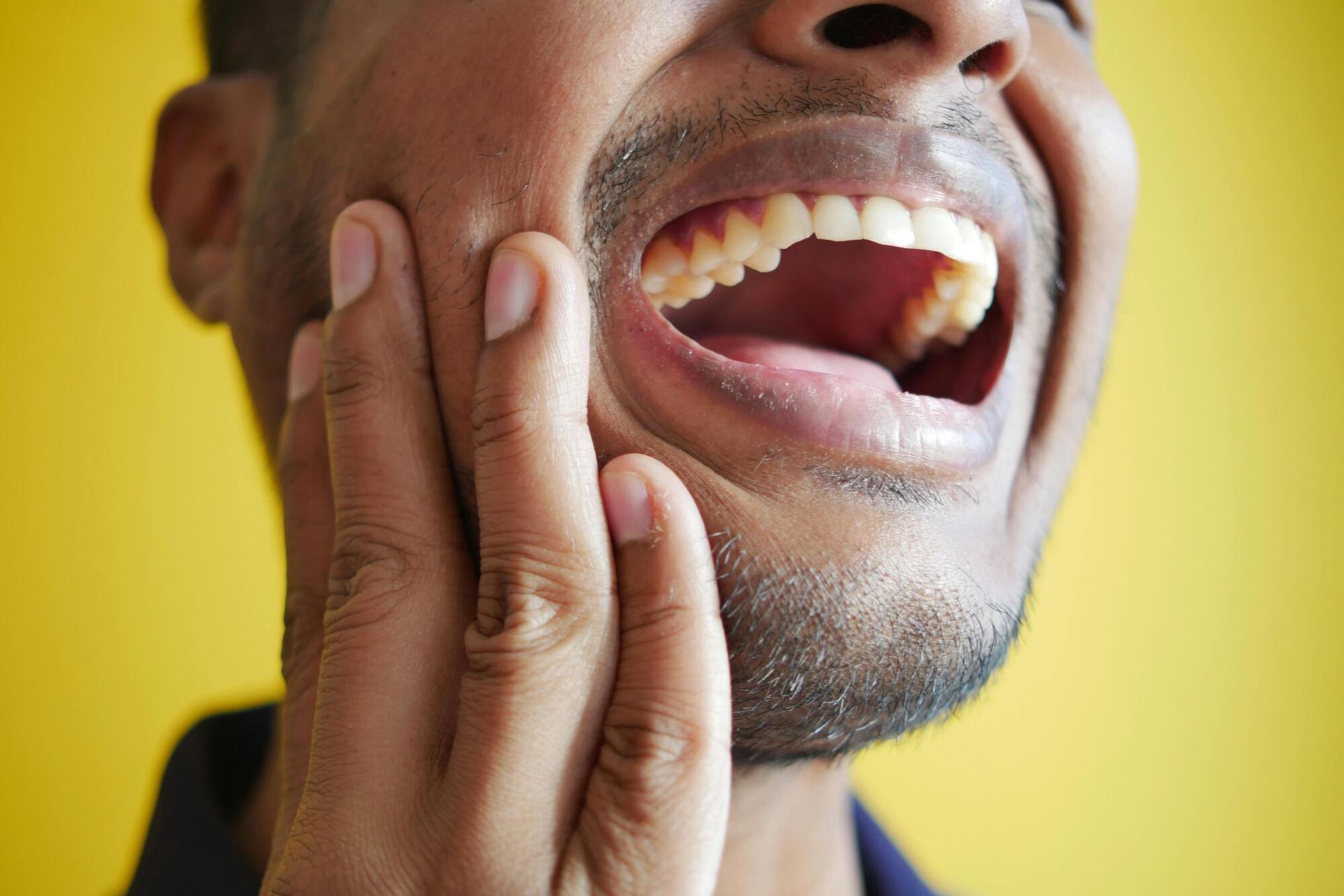How TMJ and Ear Pain Are Related?

Experts estimate that over 10,000 people suffer from TMJ disorder symptoms. TMJ, or the temporomandibular joint, plays a critical role in your mouth and ear health.
When individuals think of TMJ, they immediately think of your mouth. However, since your body parts work in sync and are not independent of each other, pain in your ear can stem from a problem with your jaw.
Looking for a "TMJ Dr near me" can actually begin solving your hearing problems and ear pain. Keep reading to learn about the interesting connection between ear pain and jaw problems and how a TMJ dentist can help you with your discomfort.
What is TMJ?
TMJ stands for temporomandibular joint. This is the joint where your jawbone meets your skull, connecting the bones in your skull to the mandible, or your lower jaw bone. Every time you open your mouth, you engage your TMJ.
Because your TMJ sits right next to your ear, any problems with the TMJ can cause problems for your ear. Thus ear pain or discomfort can stem from TMJ disorder.
How the Ears and Jaw Work Together
Muscles control the simple, small movements in our ears just like they do in our faces. Whenever we smile or frown, we engage those facial muscles. When you open your mouth, your muscles engage, pulling on the ligaments and bone, causing the joint to engage and your mouth to open.
If you have an inflamed TMJ, it will cause ear pain because it sits right next to your auditory canal. In the same way, if you sustain a blow to your jaw, your ear will hurt. Malfunctioning TMJ muscles will put pressure on your nerves and ear, causing extreme discomfort.
TMJ Disorder Symptoms
When your TMJ works as it should, you will not even notice problems with your ear. After all, there's no trauma to the joint near this important organ. However, if you have TMJ disorder, you'll notice a variety of odd ear functions.
The problems begin with basic hearing problems such as tinnitus or the sensation that your ears hear ringing. You may have shooting pain in your ears or a popping sensation. When you chew or speak, you'll feel pain in your ears, and even when the sharp pain goes away, you will feel a constant low-intensity ache.
Here are a few of the other basic symptoms in addition to ear problems:
- Headaches and migraines more than twice a week regularly
- Cracked teeth because of a misaligned pressurized bite
- Bruxism or teeth grinding, especially at night
- Neck, jaw, and shoulder pain
Any combination of these symptoms indicates a problem with your
TMJ and a potential disorder. You do not have to live with the pain and discomfort of a TMJ disorder though. There is help.
Treating TMJ
If you suspect a TMJ disorder because of the previous symptoms, begin a search for "TMJ dentists near me" or "TMJ dentist in Orlando" first. As you wait for your appointment, you can treat your symptoms with a few different techniques.
Relax
If you have a high-stress lifestyle and tend to clench your jaw, focus on relaxing your jaw. Make a point of not chewing, singing, yawning, or yelling as you focus on resting your jaw muscles.
Focus on Posture
Good posture affects many parts of your health. It can affect your digestion, your sleep patterns, and in this case, your jaw pain.
If you have a job that requires you to sit, take walk breaks or invest in a standing desk. Sitting in a slouching position for a long period of time will cause more jaw pain.
If you cannot stand frequently, then purchase a chair with adequate back support. Drink plenty of water throughout the day so you have frequent restroom breaks and force yourself to take short walks.
If you drive for long periods of time, focus on sitting upright. Make your seat as upright as it goes to give yourself the best chance at ideal posture. If you spend the evening watching television, put a pillow behind your back to support your posture.
Sleep
Focus on your jaw and ear as you prepare to go to bed at night. Sleep on your back with plenty of pillows under your neck. Do not sleep on your stomach if at all possible.
If you must sleep on your side, do not rest your jaw on your hands.
Heat and Cool Your Jaw
Icing your sore jaw will reduce inflammation. Heat will increase circulation and help your muscles relax. Thus, you should rotate heating and cooling every 15 to 20 minutes to alleviate your pain.
Exercise
Your jaw muscles need purposeful exercise as well. Take some time to stretch them, strengthen them, and relax them. Specific techniques will improve the muscles and help alleviate your symptoms.
Avoid Bad Habits
Your teeth exist for chewing food. Yet humans find uncanny ways to use them for everyday tasks. Reserve your chewing for food only and not for breaking off a fishing line or chewing your nails.
Here are a few other bad habits to avoid:
- Clenching your jaw
- Pushing your tongue against teeth
- Resing your jaw on a hand
- Grinding teeth
- Clenching teeth
- Chewing on lips and cheeks
Stay focused on how you're using your teeth and jaw. Use your mouth for eating and smiling, and that's it.
Eat and Behave Purposefully
Avoid unnecessary hard work for your jaw as you await your appointment. This means you should minimize yawning and yelling which would strain your jaw. Keep your food portions small, and focus on eating softer foods as well while completely eliminating chewing gum from your daily regimen.
TMJ Professional Treatment
You can work on taking care of your jaw by completing the previous tasks at home while you wait for a dentist appointment. Once you visit a TMJ dentist, they will come up with the best TMJ dentist treatment for your condition.
If you have a severe condition, the TMJ dentist may recommend surgical treatment for a more permanent solution. Seek out a professional with TMJ disorder experience. you unnecessary pain.
Go to the Pros
If you're suffering from constant ear pain, you may not have a problem with your ears at all. Consider the full spectrum of symptoms for TMJ disorder, and then begin the search for a "TMJ Dr near me."
Are you suffering from TMJ disorder symptoms? If so, contact us. We have extensive experience in helping patients find relief from TMJ disorder.
Give us a call today so we can bring you some relief












